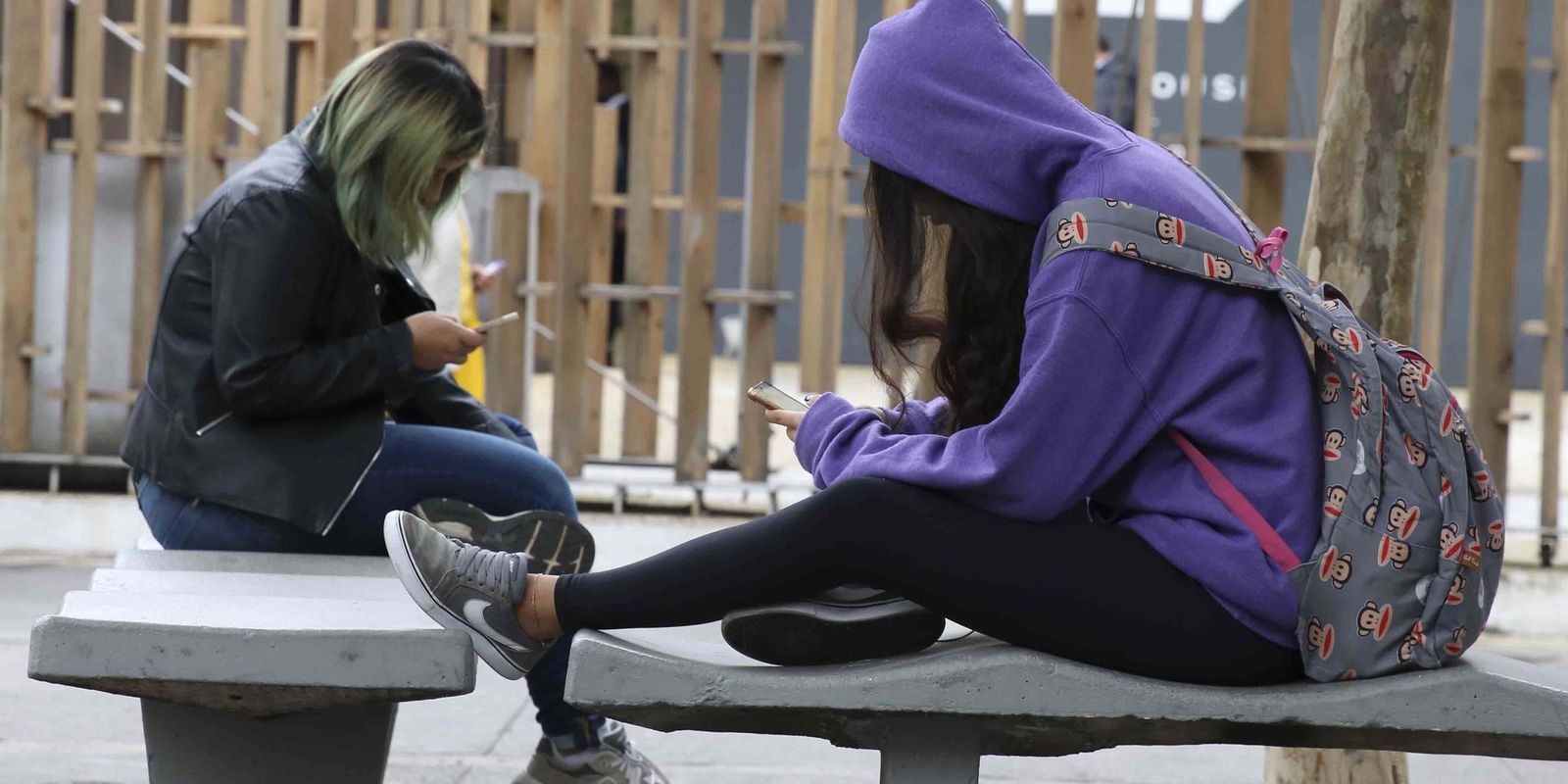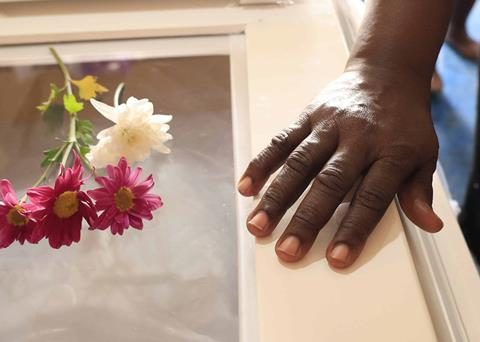“Does anyone have any questions?”, “Would you like to add something?”, “Do you want me to revisit any ideas?”. The silence that passes through the classroom, during and after these common questions, usually acts as a shower of cold water for the teacher.
When turning the board towards the students, to understand the silence of that moment, the teacher discovers that the students have already put down their notebooks and have their cell phones in their hands, already in another world.
On this Teachers’ Day (15), it is possible that many professionals would like as a gift a recipe to resolve this issue and have a healthier routine and interaction with students.
Education researchers consider that the use of cell phones in the classroom is, in fact, one of the biggest challenges to improving classes. And they issue a warning: there must be conditions and training offered to teachers for this.
For professor Gilberto Lacerda dos Santos, from the Department of Education at the University of Brasília (UnB), this professional activity operates between two rhythms: looking back and guaranteeing accumulated knowledge, but with the need also to look forward, and integrate the recent technologies in a seductive way.
Training
Lacerda dos Santos understands that the key to this issue may lie in the initial training and continuing education that must be offered to teachers faced with so many challenges.
Therefore, he defends public policies that guarantee this training and support: “the classroom cannot be disconnected from our days. Teachers need to be valued. They represent the business card of an educational institution. It is the professionals who will train the citizens.”
The UnB professor is a visiting researcher in Paris, at the French Natural History Museum, where he studies the development of educational technologies for teacher education. He testifies that the challenges in Brazil are similar to those in Europe regarding the use of technologies in the classroom. “Here, teaching is considered a state career, like that of the military, diplomats and public servants.”
Epidemic
For researcher Fábio Campos, from the Laboratory for Transformative Learning with Technology, at Columbia University (USA), the presence of cell phones in the classroom is challenging.
“We’ve been talking a lot about the phone because of this cell phone epidemic in the classroom. Just a law banning cell phones is not enough. We need to give guidance on how to use this in a slightly more virtuous way in the classroom.”
He regrets that a prohibition law is necessary. The researcher identifies a worldwide movement recommending not using the device in view of growing mental health problems, such as anxiety and depression. “As much as I think it’s a social failure, we have to ban it.”
Fábio Campos argues that the subject needs to be further discussed and improved. “We went through a pandemic in which everyone had to resort to digital technologies to have some type of learning experience. And even after all this, Brazil does not invest in having a national policy on the use of technology in education. It’s sad.”
Risks
In August this year, the latest ICT Education survey, by the Brazilian Internet Steering Committee (CGI.br), showed that six out of ten schools Elementary and secondary schools adopt rules for cell phone use by students, allowing the device to be used only in certain spaces and times. In 28% of educational institutions, student use of the device is prohibited.
In 2023, UNESCO released the Global Monitoring Report of Education that discussed the role of technology and the harm of prolonged exposure to screens.

















